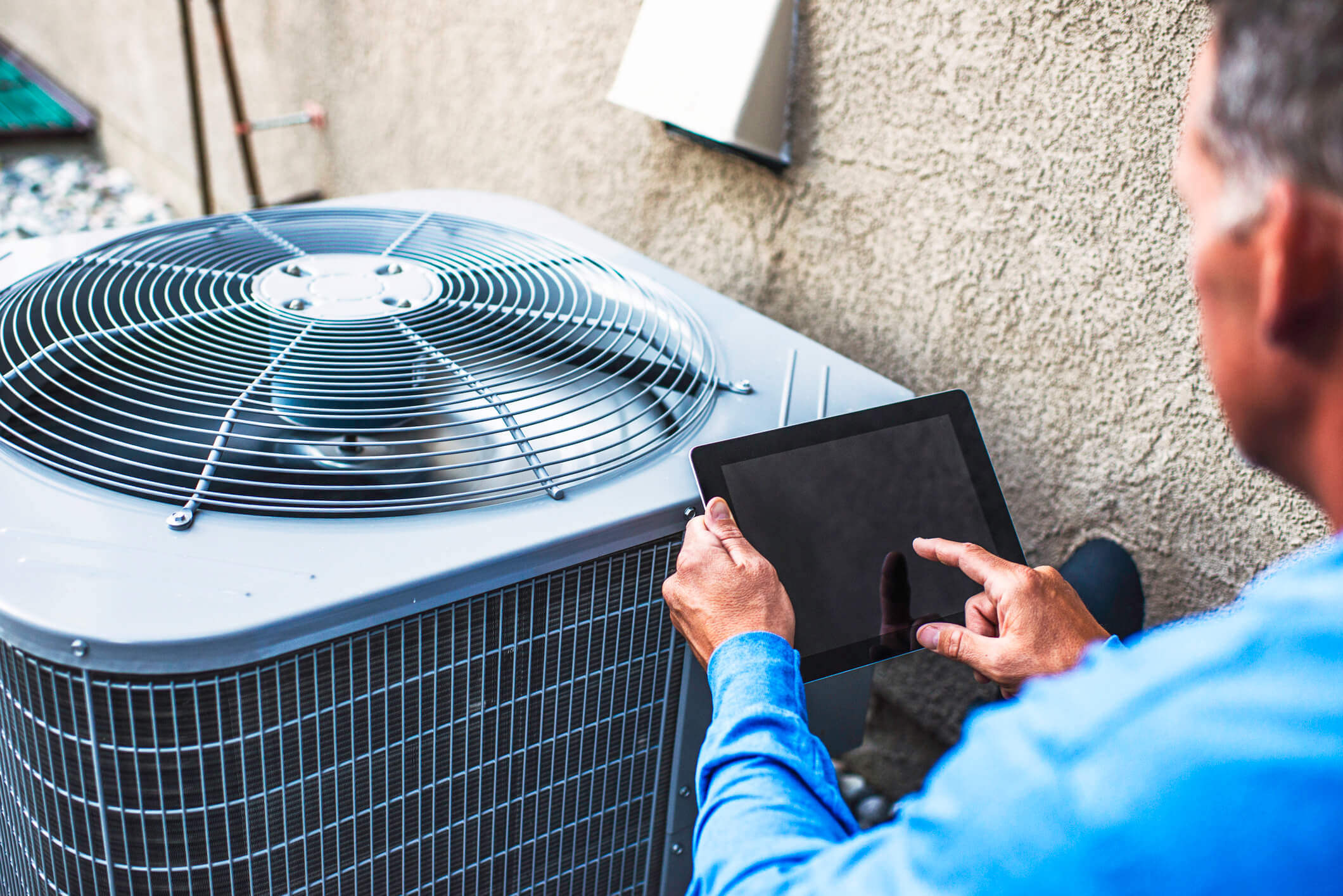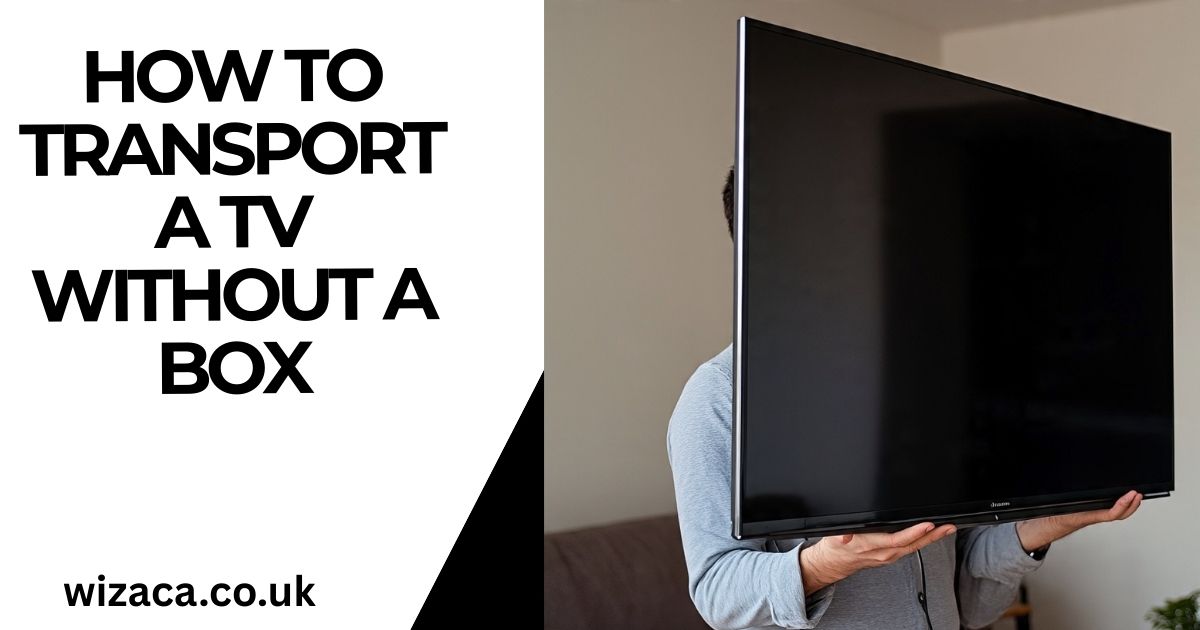No, central air conditioning does not use gas. Central air conditioning systems typically run on electricity to power the compressor, fan, and other components. The system works by using an electric-powered compressor to circulate refrigerant through the system, which absorbs heat from inside the home and releases it outside.
⚙️ How Central Air Conditioning Works
- Electric-Powered: Central air conditioning units use electricity to operate the compressor and the blower motor that circulates the cooled air through the ducts into your home.
- Cooling Cycle: The refrigerant absorbs heat from the indoor air and carries it to the outdoor unit, where the heat is released. This process is powered by electricity, not gas.
- Energy Consumption: The main energy consumption of a central AC system is electrical energy, as it relies on electricity to power the compressor, fan, and other components.
🚗 Gas Use in HVAC Systems
While central air conditioning systems do not use gas, some heating, ventilation, and air conditioning (HVAC) systems do incorporate gas heating for the winter months:
- Gas Furnace: Some HVAC systems combine a central air conditioning unit with a gas furnace for heating. In this case, the furnace uses natural gas or propane to produce heat, while the air conditioner uses electricity for cooling.
- Gas-powered Heat Pumps: Some heat pump systems can use a gas-powered backup heating element, but the cooling function is still powered by electricity.
✅ Final Answer
Central air conditioning systems do not use gas. They are powered by electricity to run the compressor, fan, and cooling system. However, in HVAC systems with integrated heating, a gas furnace may be used for winter heating. But for cooling, electricity is the primary power source.










